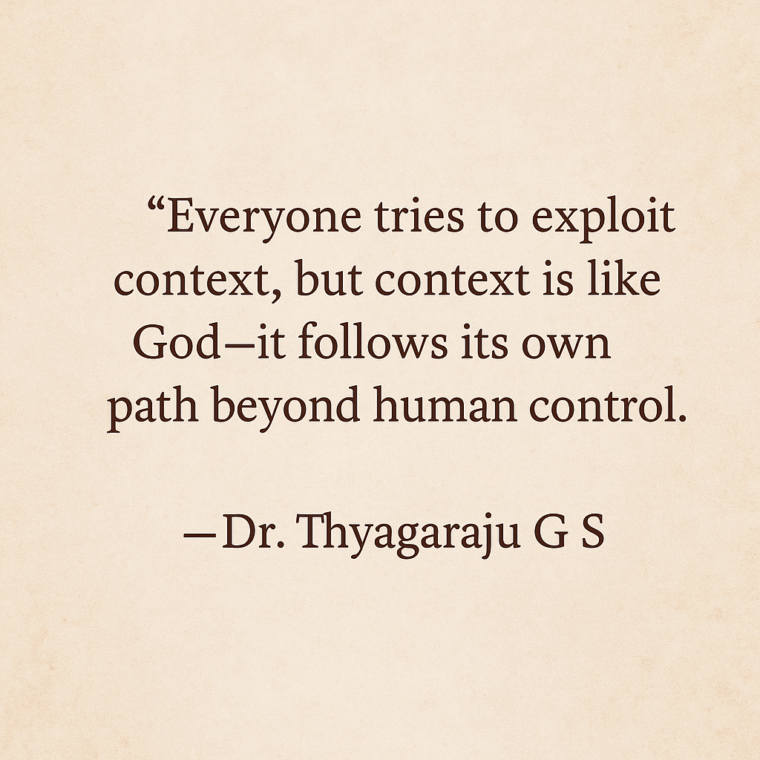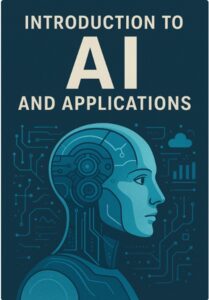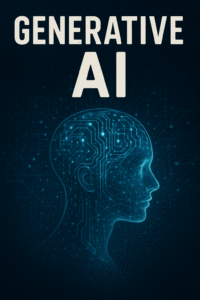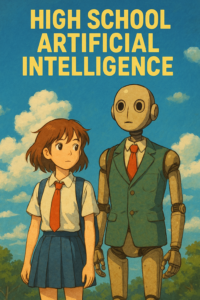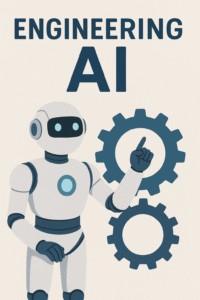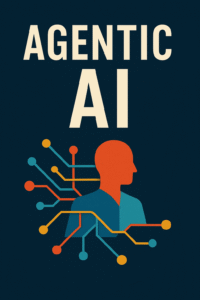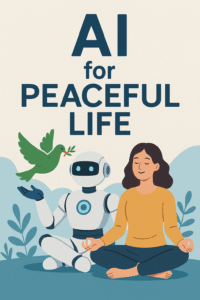—Dr. Thyagaraju G S
In my two decades of research and teaching, especially in the field of Contextual Artificial Intelligence, one observation has consistently emerged: everyone seeks to control or exploit context, yet context itself has a mysterious independence. It unfolds in ways we cannot always predict, similar to the divine forces that shape existence.
The Human Urge to Control Context
From politics to business, from education to technology, humans attempt to bend context to serve their goals. A teacher may try to create the perfect classroom environment, a business leader might strive to manipulate market trends, or an AI system may attempt to recommend the “best” solution for a user.
For example, in my work on context-aware recommendation systems for mobile phones and televisions, we designed algorithms that tried to capture user preferences through rule-based logic, Bayesian networks, and fuzzy inference. The goal was to anticipate what the user wanted even before they explicitly asked. Yet, we often discovered that the real-world context was fluid, incomplete, and sometimes contradictory. A recommendation that made sense yesterday was irrelevant today because the user’s mood, environment, or social situation had shifted.
This shows how human attempts to exploit context are inherently limited. Context is not static—it is living, breathing, and constantly changing.
Context as a Divine Force
If we reflect philosophically, context behaves like God. We can align with it, study it, and respect its flow, but we cannot ultimately command it.
- In quantum computing, for instance, a qubit exists in superposition until measurement collapses it into a definite state. Similarly, context exists in multiple dimensions until circumstances force one reality to manifest. We may predict probabilities, but we cannot dictate the outcome.
- In social and cultural life, leaders often try to exploit narratives by controlling context—media framing, selective storytelling, or timing of decisions. Yet history shows that context often rebels against manipulation. Revolutions, unexpected public reactions, or global events (like a pandemic) shift directions far beyond human plans.
Practical Illustrations
- Education: As a professor, I can design the most structured lecture, but the learning outcome depends on students’ mental state, prior knowledge, and even the weather that day. I cannot control these contexts, only adapt to them.
- Technology: In AI, recommendation engines or chatbots are built to personalize experiences. But if the contextual signals are misread—or if the user changes intent suddenly—the system fails. This unpredictability shows context’s autonomy.
- Life Events: Even in personal life, we may plan careers, finances, or relationships meticulously. Yet an unexpected opportunity—or crisis—reshapes the entire trajectory. Context “chooses its own path.”
Moving from Exploitation to Alignment
Instead of exploiting context, I believe we should seek harmony with it. Just as spirituality teaches surrender to divine will, contextual intelligence demands humility.
- In AI research, this means designing adaptive systems that do not assume control but continuously learn and evolve with shifting environments.
- In human life, it means practicing resilience—accepting that while we may influence context, we cannot enslave it.
Conclusion
Context, like God, operates on a higher order of complexity. We may model it, approximate it, or align with it, but it will always surprise us. Recognizing this truth fosters both intellectual humility in science and emotional maturity in life.
In the end, the wisest stance is not to exploit context but to walk alongside it—learning, adapting, and respecting the paths it carves beyond our control.

